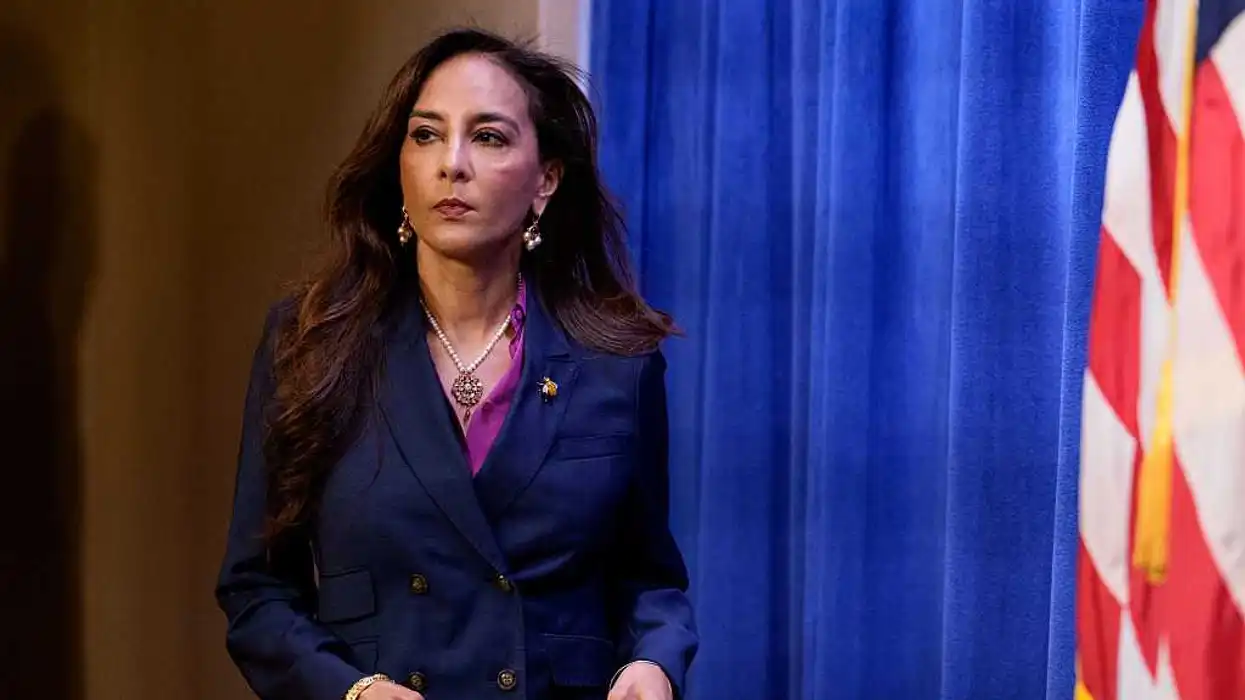
© 2025 Blaze Media LLC. All rights reserved.
"...it could represent the beginning of the end of the truly global Internet."

Late last week Twitter announced it would block tweets in certain countries -- while still allowing the rest of the world to see them -- in order for it to "enter countries that have different ideas about the contours of freedom of expression" and prevent blocking of the tweet completely. Just a few days later, Google announced it would follow suit with a similar policy on Blogger, the company's blog platform.
Techdows (via PC Mag) reported that bloggers using the .blogspot service outside of the United States may actually see a country-specific URL, like .blogspot.in if you were in India for example. Why? Google states:
Migrating to localized domains will allow us to continue promoting free expression and responsible publishing while providing greater flexibility in complying with valid removal requests pursuant to local law. By utilizing ccTLDs, content removals can be managed on a per country basis, which will limit their impact to the smallest number of readers. Content removed due to a specific country’s law will only be removed from the relevant ccTLD.
Google goes on to explain that if you're visiting a blog that does not "correspond" with your current location, you will be directed to the domain associated with the country that correlates with your IP address.
Google also states that bloggers are able to request content from a specific country by using the https://[blogname].blogspot.com/ncr URL. "NCR" stands for "No Country Redirect".
The Daily Mail reports that Blogger, purchased by Google in 2003, was banned in countries like Syria, Iran and China. Although Twitter and Google state this action will actually help spread Internet freedom, some groups are concerned over the move. The Daily Mail has more:
Internet freedom group Open Net Initiative said of Twitter's recent policy change, "The change marks a new trend in American Internet companies bowing to the demands of authoritarian regimes."
[...]
Tech blog Techdirt said, "If more and more companies follow the lead of Google and Twitter, as seems quite likely, it could represent the beginning of the end of the truly global Internet."
"In its place will be an online world subject to a patchwork of local laws."
Still, others share the similar convictions as the companies about the action to censor in specific countries because this means the blog posts and tweets will not be blocked completely as they were before.
Related: In Nov. 2011, Sen. Joseph Lieberman petitioned Google to create a function allowing people to "flag" terrorist activity or terror-supporting sentiments on the Blogger platform.
Want to leave a tip?
We answer to you. Help keep our content free of advertisers and big tech censorship by leaving a tip today.
Want to join the conversation?
Already a subscriber?
more stories
Sign up for the Blaze newsletter
By signing up, you agree to our Privacy Policy and Terms of Use, and agree to receive content that may sometimes include advertisements. You may opt out at any time.
Related Content
© 2025 Blaze Media LLC. All rights reserved.
Get the stories that matter most delivered directly to your inbox.
By signing up, you agree to our Privacy Policy and Terms of Use, and agree to receive content that may sometimes include advertisements. You may opt out at any time.






